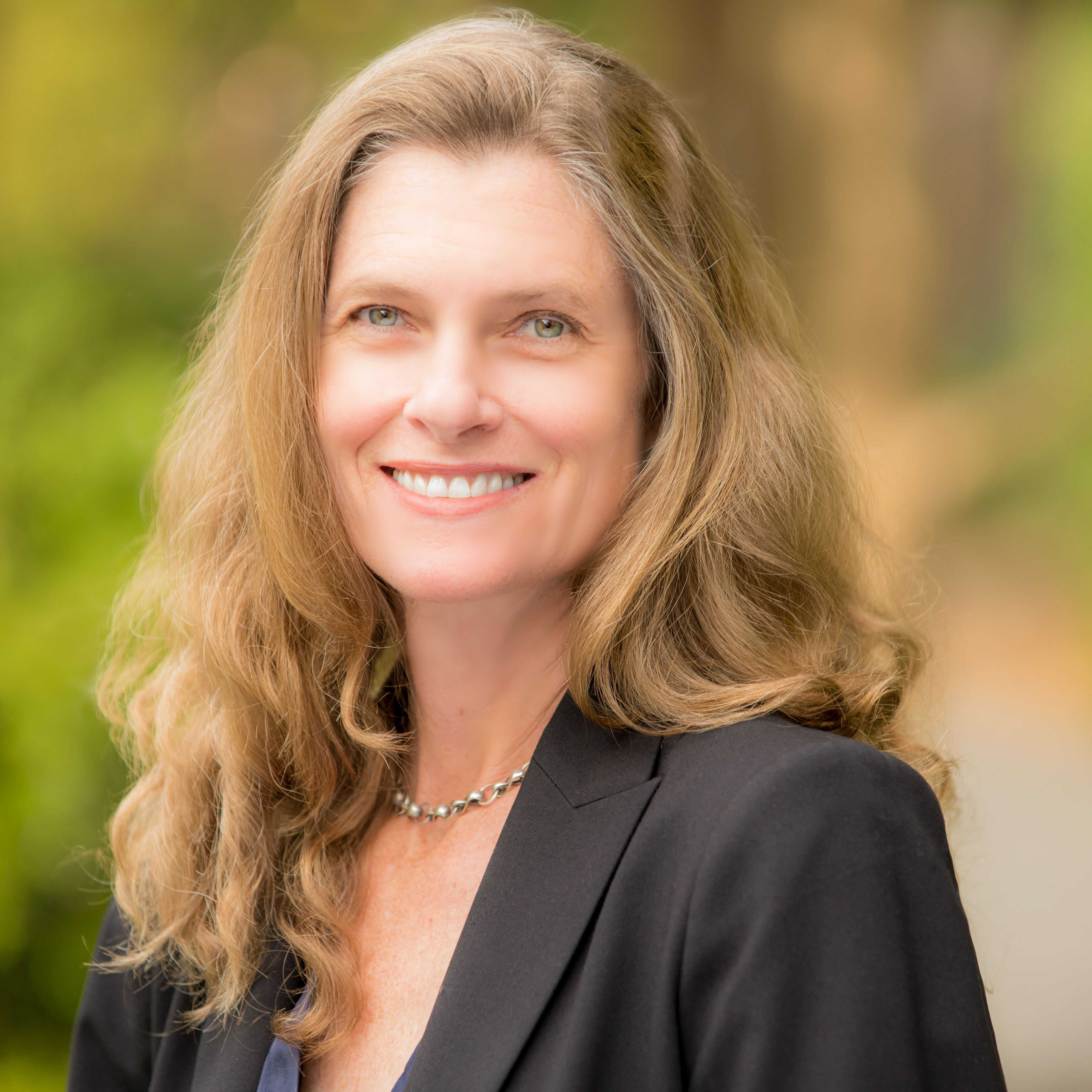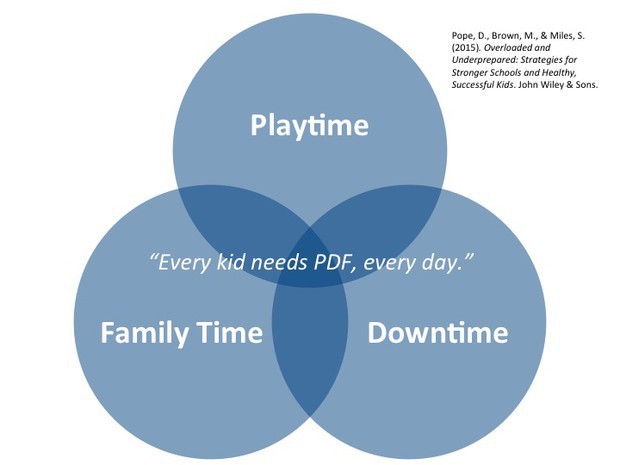Ep. 65: Raising Engaged, Happy Kids with Mary Hofstedt

Mary Hofstedt, Challenge Success

Kids need time in adolescence to answer the questions: Who am I? Where do I belong? Am I normal? They need reflective spaces, quiet time, time for daydreaming, time to listen to music on the couch, not having anywhere to be. We need to protect this time for our kids.
Mary Hofstedt, Challenge Success
In Episode 65, I’m chatting with Mary Hofstedt of Challenge Success. We discuss the origin of Challenge Success and their mission to help students become engaged learners and thriving adults.
BIG IDEAS
- For over 15 years, Challenge Success has been partnering with schools, families, and communities to embrace a broad definition of success and to implement research-based strategies that promote student well-being and engagement with learning. They offer a year-long program for middle and high schools, parent education, professional development for teachers, and research tools including student and parent surveys. Over 350 school communities in 20 states have participated in our programs. Their solutions and strategies are making a difference.
- As a society, we need to change or broaden the way we define success, to include well-being, deep learning, and health.
- Engagement is more important than performance. Often kids that “do school well” seem engaged but are not necessarily acquiring the skills they need for college and life after they leave home: independence, resilience, and creative problem-solving. Many students experience unhealthy forms of stress, depression, and anxiety from being over-scheduled and sleep-deprived.
- Schools can promote a healthier academic culture by making systemic changes like later school-day start times and better course workload management, among other things.
Suggestions for families:
- Make sure kids are getting between 8 and 10 hours of sleep each night.
- Get devices out of bedrooms. Research shows that blue light impacts sleep. A half-hour to one-hour of no devices before bed is advised.
- Establish healthy technology habits early: put the cell phone on Do-Not-Disturb setting so that it is not distracting.
- Make time for PDF: Playtime, Downtime and Family time. This includes creating space for teens to “tinker” in some way (like they did as children, building forts out of cardboard boxes, playing the piano for fun, shooting hoops.) Playtime means activities that are freely chosen, intrinsically motivated and personally directed.

QUOTES
Mary: “We look at what are the root causes of the unhealthy forms of stress our kids are experiencing and what we can do in practice and policy in our schools to more deeply understand the student experience and to make lasting changes that help kids to be more engaged.”
Mary: “Kids need “PDF”– Playtime, Downtime, Family time: We know those are really important protective factors that help kids thrive long term.”
 Audrey: “We need to set up these cultures in our schools and in our homes that have (PDF) time built-in. You can say, ‘This is free time, but we are putting away our screens.’ We have to have some boundaries around the screens because they take away from the real play time that kids need.”
Audrey: “We need to set up these cultures in our schools and in our homes that have (PDF) time built-in. You can say, ‘This is free time, but we are putting away our screens.’ We have to have some boundaries around the screens because they take away from the real play time that kids need.”
Mary: “If your kids say, ‘I’m so bored’ that is great because that is when they figure out what to do with the boredom. To have that experience is important.”
Audrey: “That’s one of the best things about being at camp–there is built-in reflection time, there’s built-in rest time. There’s a lot of built-in free play time. Some kids might play cards, other kids might be throwing a frisbee, and others might be reading or relaxing. Its the environment.”

LINKS
To learn more about Challenge Success, please their website at www.challengesuccess.org.
You can access more of the Challenge Success resources for parents here.
Check out these downloads about Playtime, Downtime, and Family Time (PDF) from Challenge Success:
Elementary Age
Teens
Challenge Success blogs: And Most of All – Be Kind and A New Normal
Challenge Success’ white paper on selecting colleges A “Fit” Over Rankings.
Dr. Ken Ginsburg, Fostering Resilience
Denise Pope, Overloaded and Underprepared
RELATED POSTS/PODCASTS
If you liked this episode, you might want to listen to Episode 60, where I interview Andy Pritikin about The Importance of Outdoor, Child-Directed Free Play.
Listen to Episode 16, where I talk to Dr. Jess Shatkin about adolescent mental health and his book, Born To Be Wild.
http://sunshine-parenting.com/2018/10/19/challenging-our-definition-of-success/
http://sunshine-parenting.com/2018/05/23/what-do-kids-need-at-different-ages/
Mary Hofstedt, Ed.M., is the Community Education Director at Challenge Success. In her role, she shares research-based strategies with families and coaches Challenge Success partner schools as they strive to advance student well-being and engagement. Mary has an extensive background in curriculum and program design, positive youth development, leadership of cross-sector initiatives to benefit youth, and social science research. She is the parent of a 19-year-old college student, and step-parent to two other teens – ages 15 and 17. She is passionate about working with others to ensure our young people thrive.
